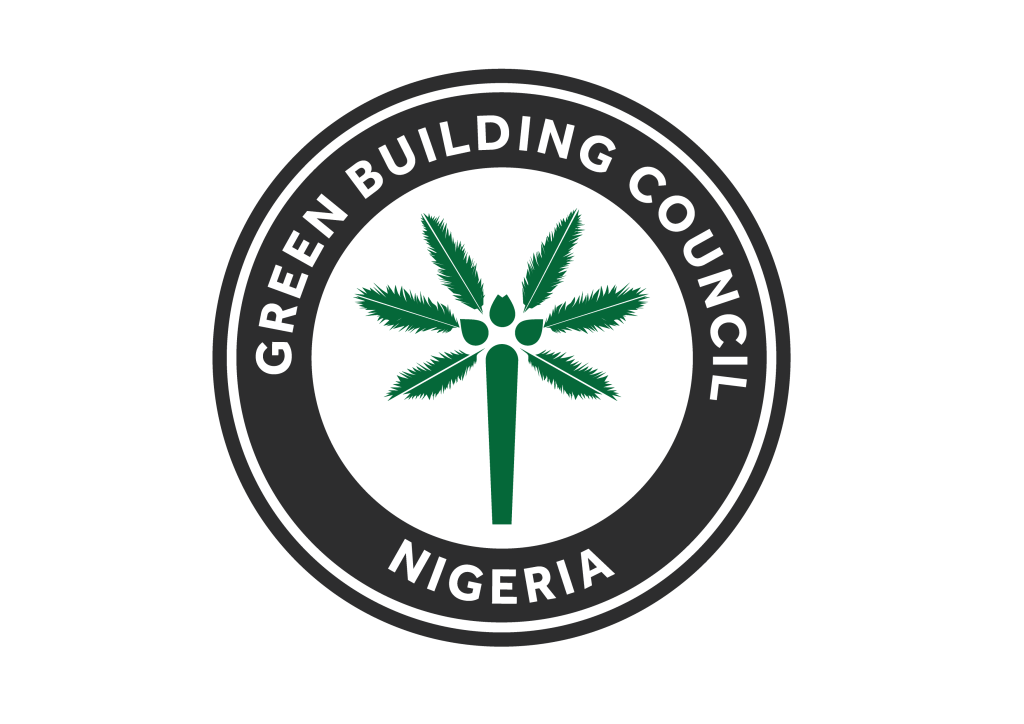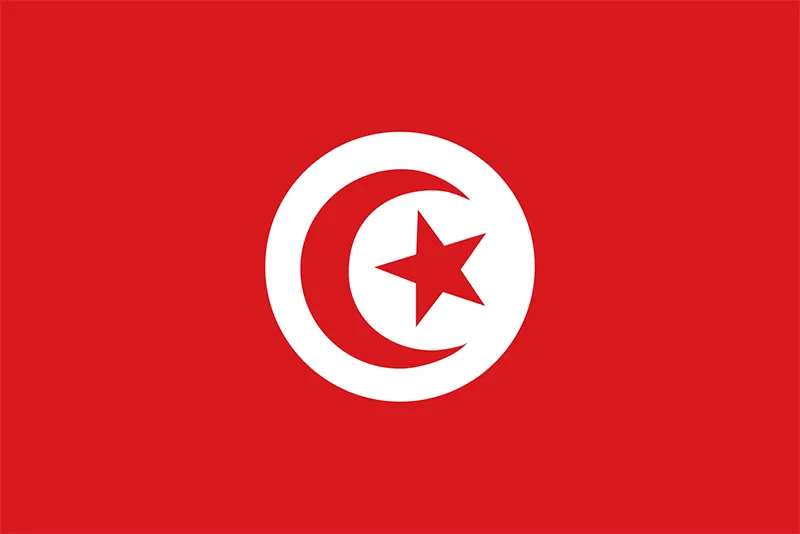Housing is one of the most important issues facing many urban African communities. The shortage of affordable housing continues to grow, with nearly 57 million people still unable to afford a home. This housing deficit continues to be one of the biggest problems faced by Africans.
Digging further, when discussing urban Africa, the focus is the youth as they account for about 60% of the total population and stand at the forefront of urban development. This is where things get interesting. Despite this, the urban youth are facing challenges which could be broadly broken down into four categories: housing, health, education and jobs. These challenges contribute to crime, poverty and social exclusion. In addition to fundamental infrastructure issues, there are also economic issues that contribute to a lack of affordable housing such as unplanned inflation, taxation policies that discourage investment
Mixta Africa, represented by Onome Umukoro- Senior Brand Marketing Associate, joined in this conversation at the Chatham Roundtable which was held on the 17th of May, 2021. The discussion brought together stakeholders across the continent to discuss the means of unlocking economic opportunities for young people in Africa with a focus on Improving land use and discussion on housing challenges such as: Land rights, access to credit, cost of housing, and informal settlements. It featured Dr Taibat Lawanson, Associate Professor of Urban Planning, University of Lagos who spoke on the The needs and challenges of housing in megacities and Astrid Haas, Urban Economist, African Development Bank who discussed Opportunities for land rights and housing financing in Africa.
At the end of the discussion, highlights of the identified opportunities for unlocking the housing challenges in Africa include:
- The need for Land data systems for the African continent which has the potential to revolutionize the way private and public equity capital flows into the continent by increasing transparency and accountability.
- Establishing a property system that allows for the recognition and taxation of land could be a critical way of improving revenue generation ability and the competence of the government to increase participation in housing.
- Tapping into the diaspora market as there are young Africans in diaspora earning an average of $3,000. They are the perfect contributors who can come back to their countries to invest in affordable housing development.
- Government and Institutions as enablers: to help encourage private development in urban communities,the Government should create programs that recognize successful strategies for attracting private investment in new developments. The strategies include attracting private development, streamlining permits and development processes, increasing density in urban areas, and improving land-use practices.
Finally, the attendees agreed that though housing is seen as an economic good rather than social good, solutions/programs should respond to both needs. Attendees at the roundtable discussion included Tade Adeniyi – Commercial Strategy, Mixta Africa, Bob Dewar, Associate Fellow, Africa Programme, Chatham House, and the Chair: Emmanuel Adegboye, Mo Ibrahim Foundation Academy Fellow, Africa Programme, Chatham House.











